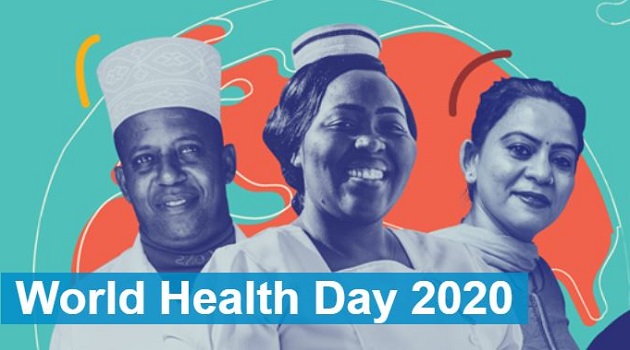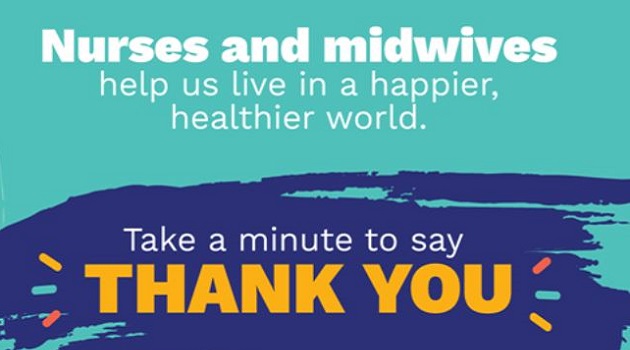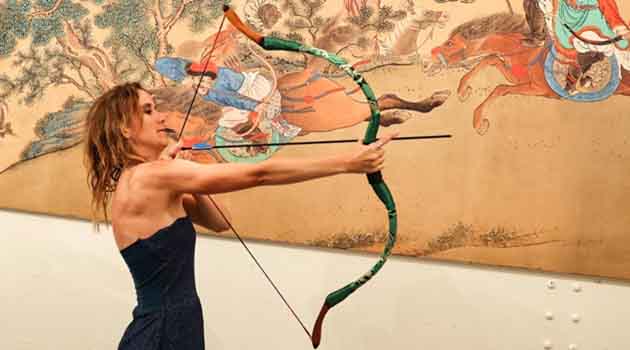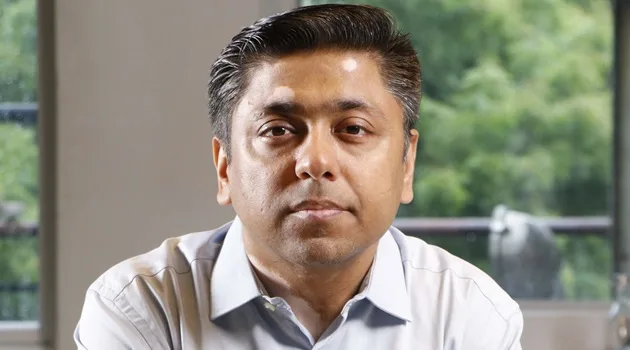World Health Organisation is asking governments to invest in a massive acceleration of nursing education, creation of nursing jobs, and leadership.
In a new report – The State of the World’s Nursing 2020 – the world body says the Covid-19 pandemic underscores the urgent need to strengthen the global health workforce.
Without nurses, midwives, and other health workers, countries cannot win the battle against disease outbreaks, or achieve universal health coverage and the sustainable development goals.
The report provides an in-depth look at the largest component of the health workforce, as its findings identify important gaps in the nursing workforce and priority areas for investment.
The key areas listed for investment are suggested to be nursing education, jobs, and leadership to strengthen nursing around the world and improve health for all.
Support nurses and midwives
Nurses account for more than half of all the world’s health workers, providing vital services throughout the health system.
In the present days of coronavirus outbreak, nurses are at the forefront of fighting epidemics and pandemics that threaten health across the globe.
Around the world they are demonstrating their compassion, bravery and courage as they respond to the COVID-19 pandemic: never before has their value been more clearly demonstrated.
“Nurses are the backbone of any health system. Today, many nurses find themselves on the frontline in the battle against Covid-19,” said Dr Tedros Adhanom Ghebreyesus, WHO Director General.
Highlighting the new report, he said, “This is a stark reminder of the unique role nurses play, and a wakeup call to ensure they get the support they need to keep the world healthy.”
The report, by the World Health Organization (WHO) in partnership with the International Council of Nurses (ICN) and Nursing Now, reveals that today, there are just under 28 million nurses worldwide, which still leaves a global shortfall of 5.9 million.
“Politicians understand the cost of educating and maintaining a professional nursing workforce, but only now are many of them recognizing their true value,” said ICN President Annette Kennedy.
About 90 per cent of all nurses are female, yet few nurses are found in senior health leadership positions- the bulk of those positions are held by men.
But when countries enable nurses to take a leadership role, for example by having a government chief nursing officer (or equivalent), and nursing leadership programmes, conditions for nurses improve.












